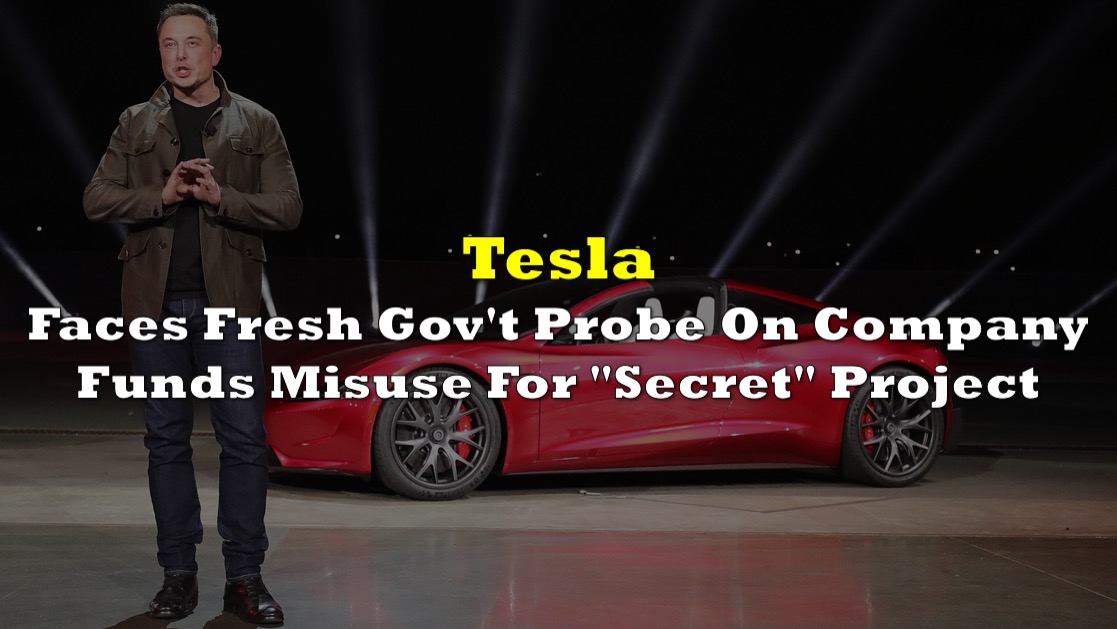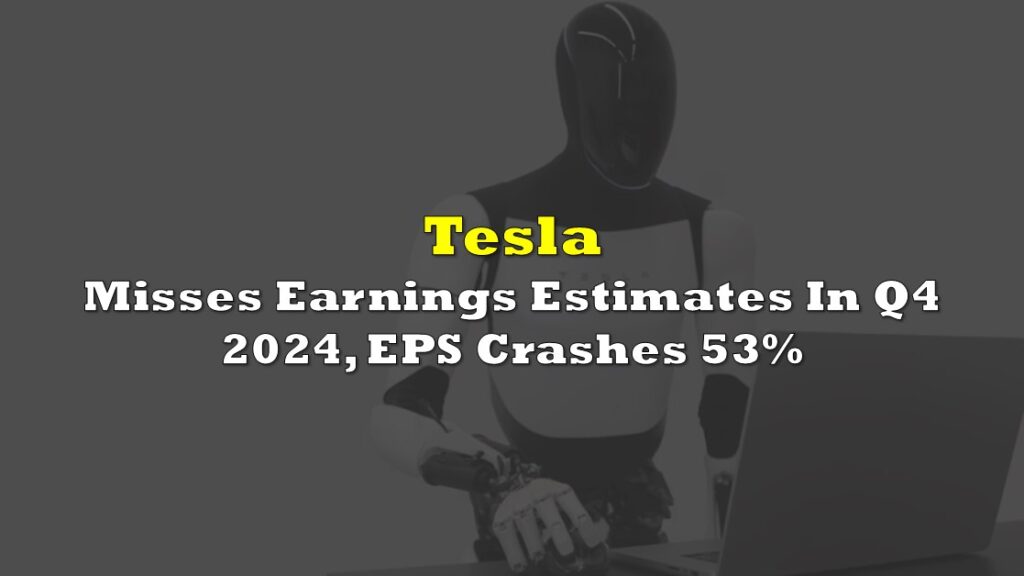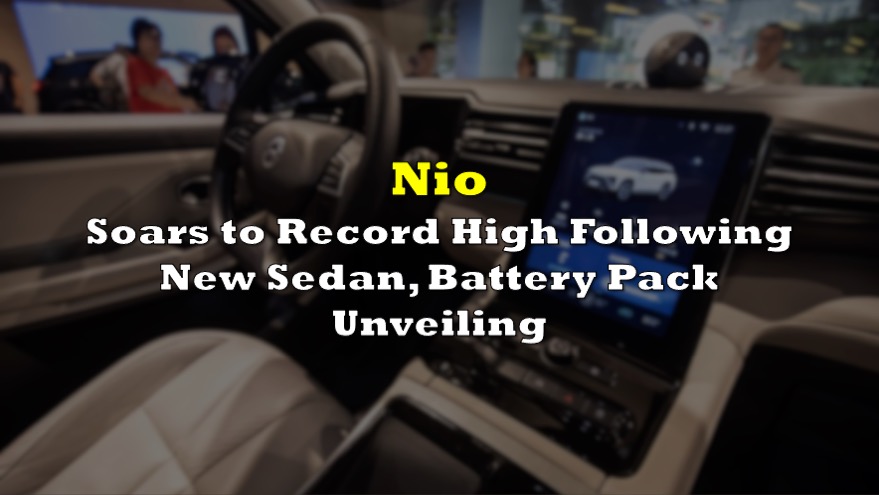Manhattan federal prosecutors have initiated an investigation into Tesla’s allocation of company funds for a covert undertaking, internally referred to as a residence for Chief Executive Elon Musk, according to individuals familiar with the matter.
The U.S. Attorney’s Office for the Southern District of New York (SDNY) is actively seeking information pertaining to personal benefits extended to Musk, the financial extent of Tesla’s involvement in the project—which encompassed the construction of an expansive glass structure near the company’s headquarters in Austin, Texas—and the project’s purpose, as per insider sources.
This inquiry was first brought to light by The Wall Street Journal in July, when it was revealed that Tesla’s board members were examining the possibility of misappropriation of company resources for the undisclosed endeavor, commonly known as “Project 42.” The investigation also scrutinized Musk’s potential personal involvement. The findings of Tesla’s internal review have yet to be disclosed.
Concurrently, the Securities and Exchange Commission (SEC) has commenced a civil investigation into the matter, requesting analogous information from Tesla, according to an individual closely involved in the proceedings.
While both the SDNY and SEC investigations remain in their preliminary stages, formal allegations of misconduct are not guaranteed outcomes at this juncture.
The endeavors associated with “Project 42” transpired during the previous year, with blueprints detailing the construction of a capacious glass edifice near Tesla’s headquarters in Austin. Initial designs depicted the structure taking on the form of a twisted hexagon, while additional imagery showcased an expansive glass enclosure that seemingly encompassed residential quarters.
The project came under internal scrutiny when Tesla’s legal team and board members began investigating employee concerns regarding the substantial investment in specialized glass. However, the current status of the project and the delivery of the glass materials to Tesla remains undisclosed.

In line with SEC regulations, publicly traded companies are obligated to divulge transactions exceeding $120,000 that involve interested parties, such as executive officers. Moreover, any perks or personal benefits surpassing $10,000 granted to senior executives must also be disclosed to investors. Recent years have seen the SEC taking legal action against several public corporations, including Hilton Worldwide, for their failure to report perks extended to CEOs and top officers.
Parallel to these investigations, federal prosecutors have also delved into inquiries concerning the driving range of Tesla’s electric vehicles, suggesting a comprehensive review of the company’s practices. A separate report from July indicated that Tesla had potentially inflated the estimated distance its electric vehicles could travel on a single battery charge.
Outside of these investigations, both the Justice Department and SEC are concurrently examining whether Tesla provided accurate information to consumers and investors regarding the performance of its advanced driver-assistance system, Autopilot.
It’s worth noting that Tesla and Musk have a history of disputes with the SEC, dating back to their $20 million settlement in 2018 stemming from the agency’s fraud lawsuit. The lawsuit accused Musk of misleading investors through a tweet claiming he had secured funding to take Tesla private. Since then, Musk has attempted to challenge the terms of the settlement, contending that the SEC has used it as grounds to subject Tesla to undue requests for information. In the previous year, a federal judge dismissed Musk’s plea to annul the settlement.
Information for this briefing was found via The Wall Street Journal and the sources mentioned. The author has no securities or affiliations related to the organizations discussed. Not a recommendation to buy or sell. Always do additional research and consult a professional before purchasing a security. The author holds no licenses.









Eguana Posts $21 Million Order Book In Q3 2020
This morning Eguana Technologies (TSXV: EGT) released their third quarter earnings for the period ended...